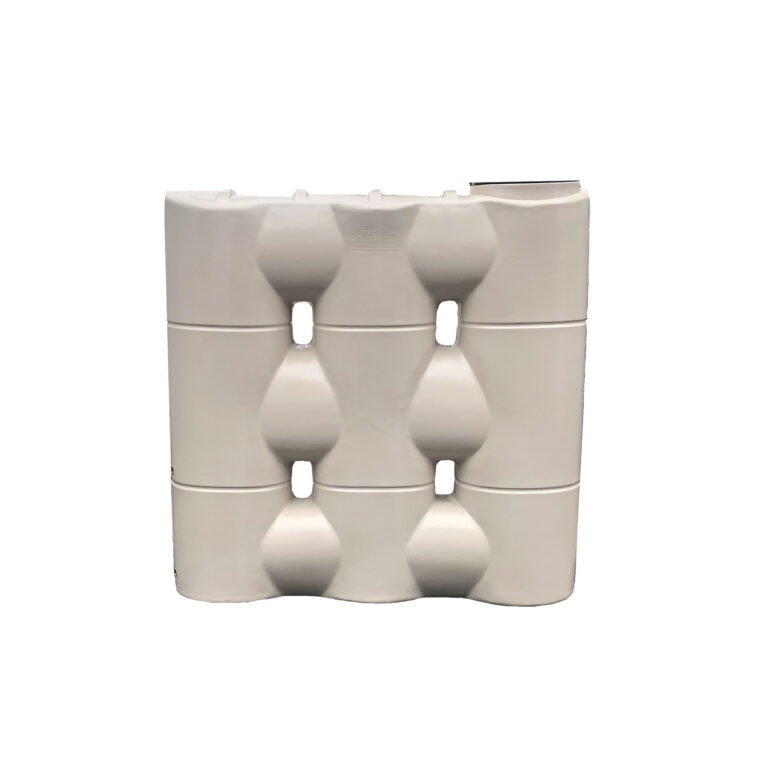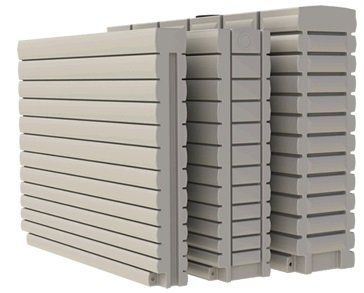Affordable Slimline Water Tanks: Enhance Your Rainwater Harvesting
Discovering the Different Usages of Rain Storage Tanks for Residential and Commercial Qualities
As the worldwide focus on sustainable living practices continues to escalate, the use of rainwater storage tanks in both residential and business settings has arised as an essential solution. These storage tanks supply a storage tank for rain harvesting, presenting a myriad of potential applications that expand much beyond mere storage. From watering to commode flushing and landscaping, the adaptability of rainwater containers is substantial. In addition, their integration right into industrial homes opens a realm of possibilities for environmentally mindful services. The diverse uses rain containers offer a compelling instance for their adoption, not just as a functional water-saving procedure however likewise as a testament to accountable source management.
Advantages of Utilizing Rain Storage Tanks
Making use of rainwater storage tanks offers many benefits for both houses and areas in regards to water conservation and sustainability. Among the essential benefits of utilizing rain tanks is the significant reduction in dependence on mains water - Slimline water tanks. By capturing and saving rainwater for later usage, people and areas can reduce their need for cured water, ultimately easing the concern on water treatment centers and decreasing power intake connected with water transport and treatment
Additionally, rainwater gathering via storage tanks supplies a reputable alternative water source throughout times of water limitations or lacks. This saved rain can be made use of for different non-potable functions such as irrigation, flushing bathrooms, and washing clothes, minimizing the stress on conventional water resources. In addition, making use of rainwater storage tanks can cause set you back financial savings for both homes and communities by lowering water costs and reducing the demand for costly infrastructure expansions to meet expanding water needs.
Basically, the use of rain containers supplies a sustainable and eco-friendly strategy to water management, profiting both individual customers and the broader community in terms of water preservation, cost-efficiency, and strength.
Rainwater Storage Tank Usage in Watering
Provided the advantages of rain containers in saving water sources and decreasing dependence on keys water, a significant application hinges on making use of stored rain for irrigation purposes - Slimline water tanks. Rain harvesting systems can effectively gather and store rain, giving a lasting water source for sprinkling gardens, grass, and agricultural fields. By utilizing rain for irrigation, property owners can reduce their dependancy on treated water sources, causing cost savings and ecological benefits

One of the primary advantages of making use of rain for watering is its pureness. Rainwater is naturally continue reading this soft and free from the chemicals and additives often located in keys water, making it suitable for nourishing plants without the danger of hazardous effects. In addition, rainwater goes to ambient temperature level, which can benefit plant development by avoiding temperature level shocks that can happen with chilly keys water.
Rain Tanks for Toilet Flushing

Applying rain containers for toilet flushing is a cost-effective and eco friendly practice that can be conveniently integrated right into both property and business buildings. The saved rainwater can be made use of to flush toilets by linking the storage tank to the existing plumbing system. This straightforward yet reliable option can considerably lower water consumption in a building, specifically in areas where water scarcity is an issue.

Incorporating Rain Storage Tanks in Landscaping
These storage tanks top article can capture and save rainwater drainage from roofing systems, which can after that be used for sprinkling gardens, grass, and plants. By using rain for irrigation objectives, residential property owners can minimize their reliance on local water resources, leading to cost financial savings and conservation of valuable water sources.
In addition to offering a lasting water source for landscaping requirements, rain tanks can likewise aid in managing stormwater overflow. By recording rain that would otherwise move right into storm drains, these storage tanks can mitigate erosion, minimize flooding threats, and avoid air pollution of all-natural water bodies. Additionally, integrating rain containers in landscaping can add to the overall aesthetic charm of the building, showcasing a commitment to environmental stewardship.
Industrial Applications of Rainwater Storage Tanks
Making use of rain storage tanks in industrial settings supplies a lasting home option for water administration and conservation, benefiting businesses and the environment alike. One vital business use is for watering functions, where harvested rain can be utilized to water landscaping, yards, and agricultural fields surrounding business homes.
Furthermore, rain storage tanks can be incorporated into the fire reductions systems of commercial buildings. By having a specialized water source for firefighting functions, companies can enhance their fire precaution and possibly decrease insurance policy premiums. In addition, rainwater gathered in containers can be treated and made use of for non-potable purposes within industrial residential or commercial properties, such as flushing commodes, cleaning, and cooling systems. This not just conserves fresh water sources however additionally lowers operating expenses for organizations. In general, the unification of rainwater storage tanks in industrial setups presents a functional and eco responsible method to water monitoring.
Final Thought
To conclude, rain containers supply numerous benefits for both domestic and industrial residential properties. From watering to commode flushing and landscape design, the usage of rain storage tanks can aid preserve water sources and lower water costs. In addition, including rain containers in business setups can cause considerable expense financial savings and environmental benefits. Overall, the flexibility and sustainability of rainwater tanks make them an important investment for any type of homeowner looking to increase water performance.